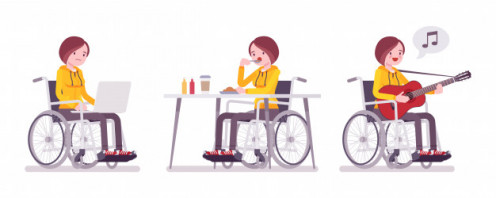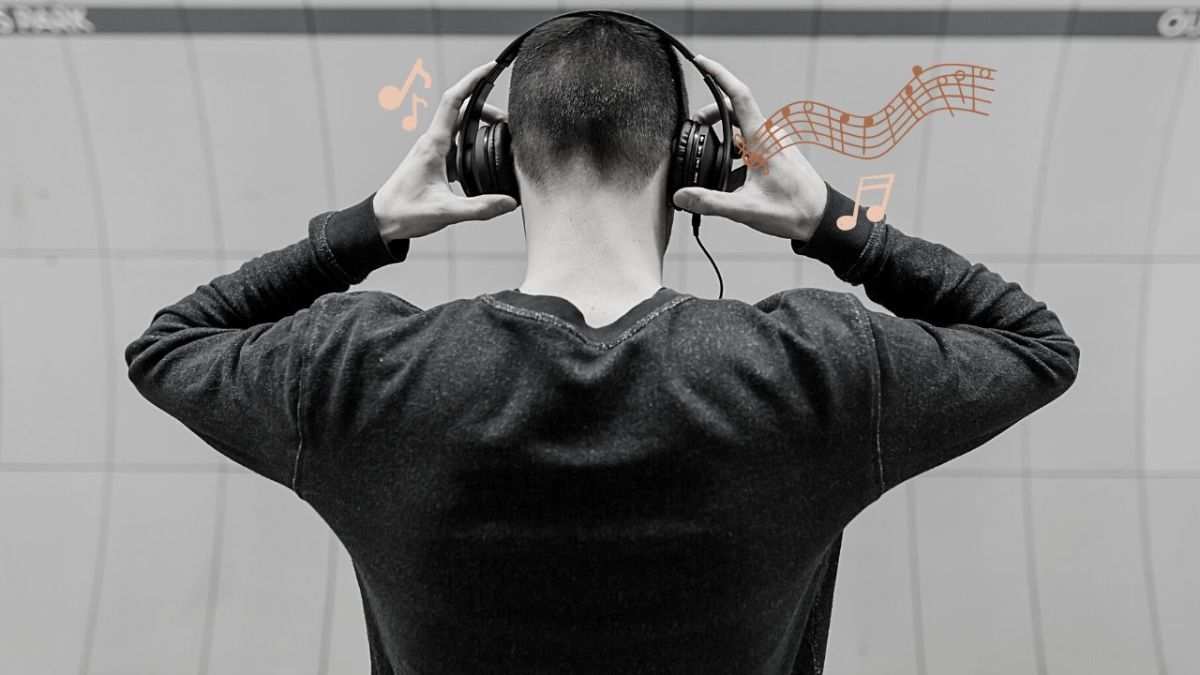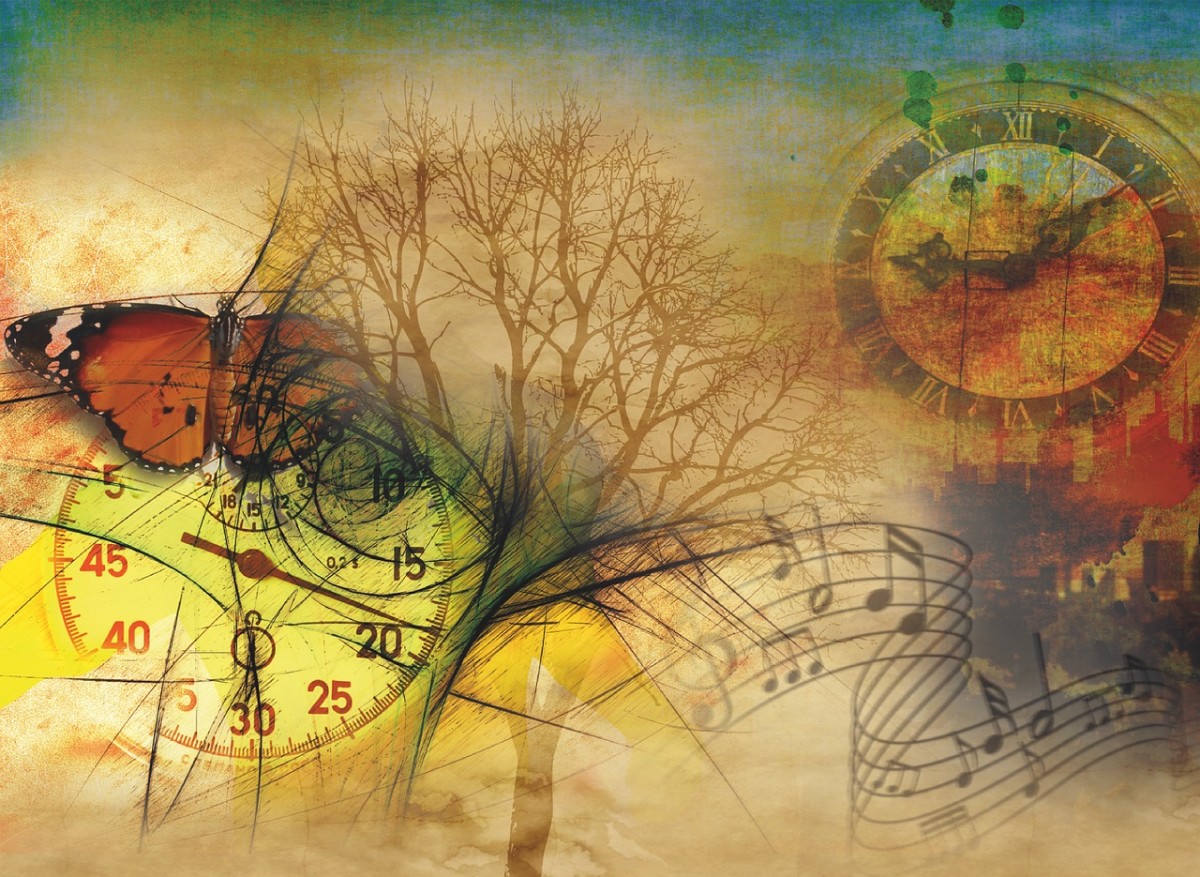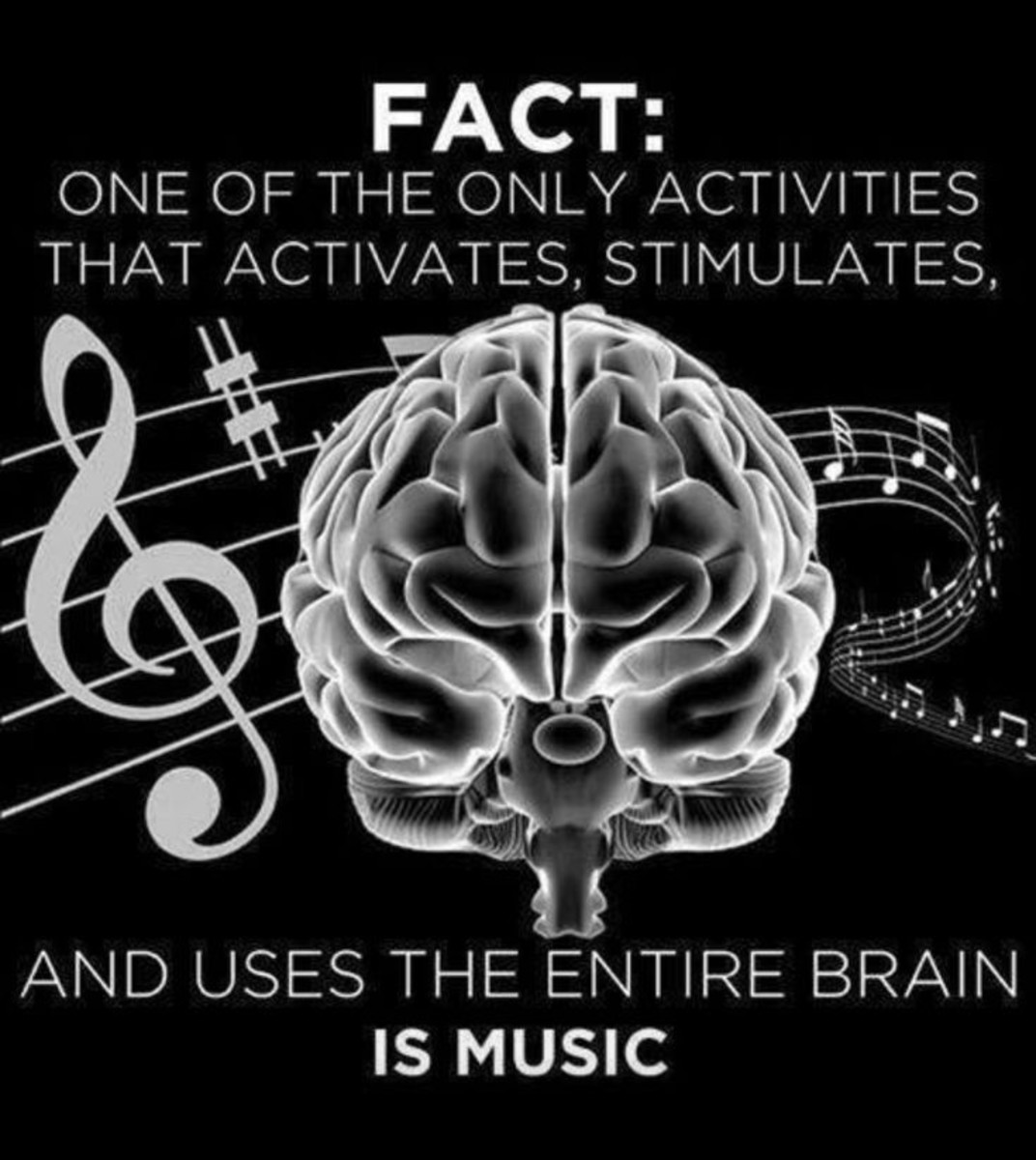4 Different Benefits and Types of Music Therapy and How They Work

When someone claims that music soothes the soul, he isn't talking through his hat. Music is an effective therapy.
Millions of people worldwide testify that music therapy works. If you're skeptical, you may benefit from an introduction to this discipline, an explanation of why it works, and its available forms.

What is Music Therapy?
Experts like Bruscia defined music therapy as an interpersonal process during which trained music therapists use musical experiences to create positive change and maintain health.
Note that music therapy is not the same as music medicine, which involves medical professionals using music to bring about a patient's healing. Music therapy is far more complex, with trained music therapists administering it.
How does it work? These five factors must be in play for music therapy to be effective.
1. Guides Attention
One of the hallmarks of effective music therapy is the modulation or altering of attention. It should distract a patient from the pain he or she is experiencing. Not surprisingly, patients who listen to music during surgery report reduced pain.
2. Guides Emotions
Secondly, music therapy should result in positive emotional outcomes. Studies show that music can manage the areas of the brain that trigger, maintain, alter, and terminate emotions.
3. Regulates Cognition
Music, according to experts, develops memory. It enables the encoding, decoding, and storage of music information and other musical circumstances. The analysis of musical meaning and syntax boosts logical thinking.
4. Modulation of Behavior
Listening to music also modifies behavior and makes it more positive, according to experts. It regulates behavioral patterns such as those needed for speaking, walking, and touching.
5. Modulation of Communication
Effective music therapy should strengthen communication skills and hence, relationships. Therefore, music can play a significant role in nurturing our relations with others. Because music therapists choose tunes that have meaning for people, it allows them to interact with their loved ones in an emotional way, instead of depending on verbal language.

The 4 Benefits of Music Therapy
Everyone knows that listening to music does a world of good, but aren't sure why. There is a wealth of concrete proof the music works wonders.
1. Fights Depression
Music therapy helps patients deal with depression, as detailed in a report written in 2008. It referred to five studies, four of which stated that participants who received music therapy saw a decrease in depressive symptoms compared with those who didn't receive it. The report further noted that participants who received theory-based music therapy had the most benefits.
2.Fights Stress
Music therapy eases stress during pregnancy, as shown by a 2008 study of 236 pregnant women. Participants who received music therapy experienced less anxiety and stress when compared to a control group. The treatment involved listening to half an hour of soothing music twice a day for two weeks.
Another 2009 research report unveiled that listening to relaxing tunes alleviated stress and anxiety due to heart disease. It was an evaluation of two studies on patients who interacted with trained music therapists. The therapy lowered their blood pressure by a substantial amount. It also improved patients' heart rates, respiration, and eased their pain.
3. Improves Communication
Music enhances a person's communication skills, as evidenced by children who are autistic. A review published in 2006 revealed that these children benefited, although there is a need for more research to determine its effects.
4. Fights Cancer
Cancer patients may benefit if doctors treat them with music, according to studies. It eases nausea in patients who receive radiation therapy.

Different types of music therapy
1.Bonny Method of Guided Imagery and Music
Helen Lindquist Bonny, a music therapist, developed an approach using guided therapy.
She based it on the premise that mental imagery aids patients with physiological and psychological issues. Patients focused on images that acted as triggers for them to discuss their problems. Bonny then used music to help patients find solutions. The therapy works on the premise that music functions as a co-therapist because of its significances, so the appropriate choice of music is essential.
2. Dalcroze Eurhythmics
Also known as the Dalcroze Method, it not only teaches students but is a form of therapy. Developed by Emile Jacques-Dalcroze, its main elements are rhythm, movement, and structure. It helps patients with motor challenges.
3. Kodaly
Zoltan Kodaly inspired the well-known Kodaly Method of Music Therapy. Teachers worldwide use it to impart the concepts of notation and sequence. It also improves perception. Users have also reported an improvement in their cognition and motor skills.
4.Neurologic Music Therapy (NMT)
Who says that music and science cant mix? NMT is proof that it can. This therapy model focuses on how music influences brain functions. It uses the differences between a situation with and without music to change behaviors. Specialists claim it works as music shapes behavior.
5. Orff-Schulwerk
The Orff- Schulwerk method, formulated by Gertrude Orff, helps children with developmental disabilities and delays. She came up with it after realizing that medicine wasn't enough to help these children. The German word Schulwerk shows the therapy's focus on education. It also aims to improve the interactions between people.
6. Nordoff-Robbins
Created by Clive Robbins and Paul Nordoff, this method works for disabled children. The therapists worked on autistic children for many years, using music to help them overcome learning difficulties. Health bodies began to recognize their work. They led a study entitled Music Therapy Project for psychotic Children Under Sever. The two gentlemen also published books explaining how their theory helps disabled children. It is useable by children of all ability levels.
No one can deny the power of music. It heals when appropriately and thoughtfully harnessed.
References
- Alfredo Raglio et al 2015 Mar 22. Effects of music and music therapy on mood in neurological patients
- Roia Rafieyane et al 2007 Jan; 4 A Description of the Use of Music Therapy in Consultation-Liaison Psychiatry








